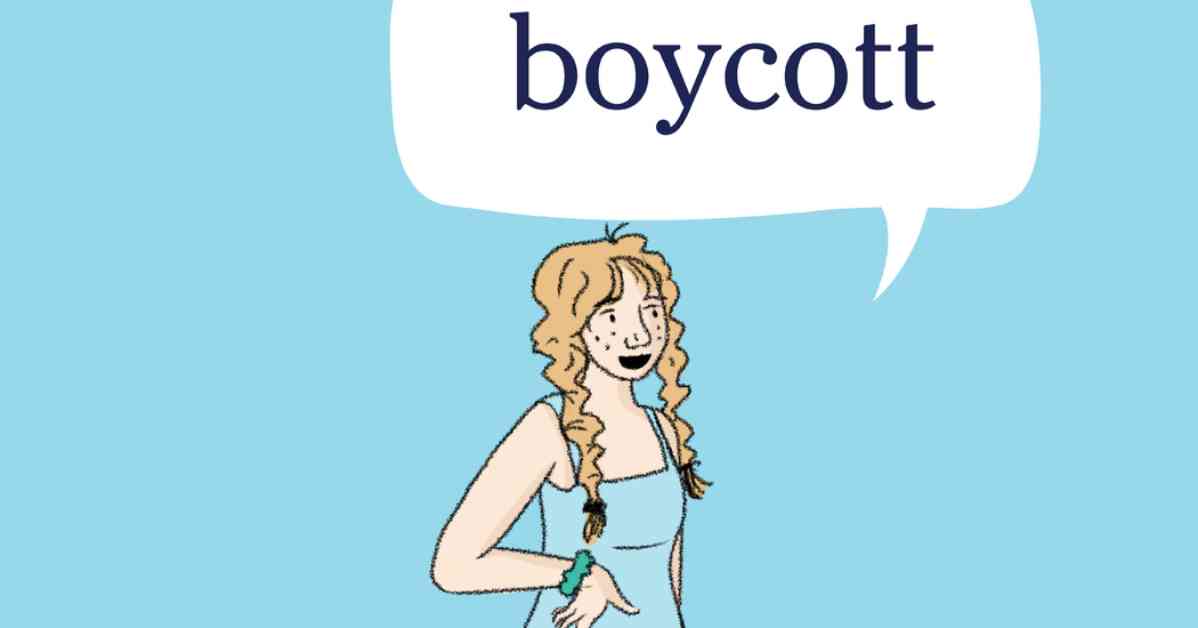Boycott: Definition, History, and Impact on Society
In today’s interconnected and socially conscious world, the concept of boycotting has become a powerful tool for individuals and groups to express their dissatisfaction with certain organizations or practices. From consumer boycotts of companies with unethical labor practices to cultural boycotts of countries engaged in human rights abuses, the act of refusing to support or engage with a particular entity has a long and impactful history.
The Definition of Boycott
The term “boycott” originated in Ireland in the late 19th century during the Irish Land War, when Charles Boycott, an English land agent, became the target of a coordinated effort to ostracize him from the community. This tactic, which involved refusing to work for or do business with Boycott, quickly became known as a “boycott” and has since been used to describe any organized refusal to engage with a person, company, or country as a form of protest.
As a noun, boycott refers to the act of refusing to have commercial dealings with an organization in protest against its policies. As a verb, it means to refuse to sponsor or do business with a particular entity. The power of boycott lies in its ability to exert economic and social pressure on the target, often leading to changes in behavior or policies.
The History of Boycott
Throughout history, boycotts have been used as a tool for social and political change. One of the most famous examples is the Montgomery Bus Boycott in 1955, where African American residents of Montgomery, Alabama, refused to use the city’s segregated bus system in protest against racial discrimination. Led by civil rights activists such as Rosa Parks and Martin Luther King Jr., the boycott lasted for over a year and eventually led to the desegregation of public transportation in Montgomery.
In more recent years, boycotts have been used to address a wide range of issues, from environmental concerns to human rights violations. For example, in response to the #MeToo movement, consumers have boycotted companies accused of fostering a toxic work environment or enabling sexual harassment. Similarly, cultural boycotts have been used to protest against governments engaged in oppressive practices, such as the global boycott of South Africa during the apartheid era.
The Impact of Boycott on Society
The impact of boycotts on society can be far-reaching, influencing not only the target of the boycott but also the broader community and even global politics. By refusing to support companies with unethical practices, consumers can force changes in corporate behavior and promote greater accountability in the business world. Similarly, cultural boycotts can draw attention to human rights abuses and put pressure on governments to change their policies.
In some cases, boycotts have led to significant social and political change. For example, the divestment movement against South Africa played a crucial role in ending apartheid and ushering in a new era of democratic governance. Similarly, the recent boycott of companies that support oppressive regimes has raised awareness about the importance of ethical business practices and corporate social responsibility.
In conclusion, boycotts are a powerful tool for individuals and groups to express their values and beliefs through economic and social means. By refusing to support organizations or practices that go against their principles, individuals can effect change and promote a more just and equitable society. As the world becomes increasingly interconnected, the impact of boycotts is likely to grow, making them an important tool for social and political activism in the 21st century.

